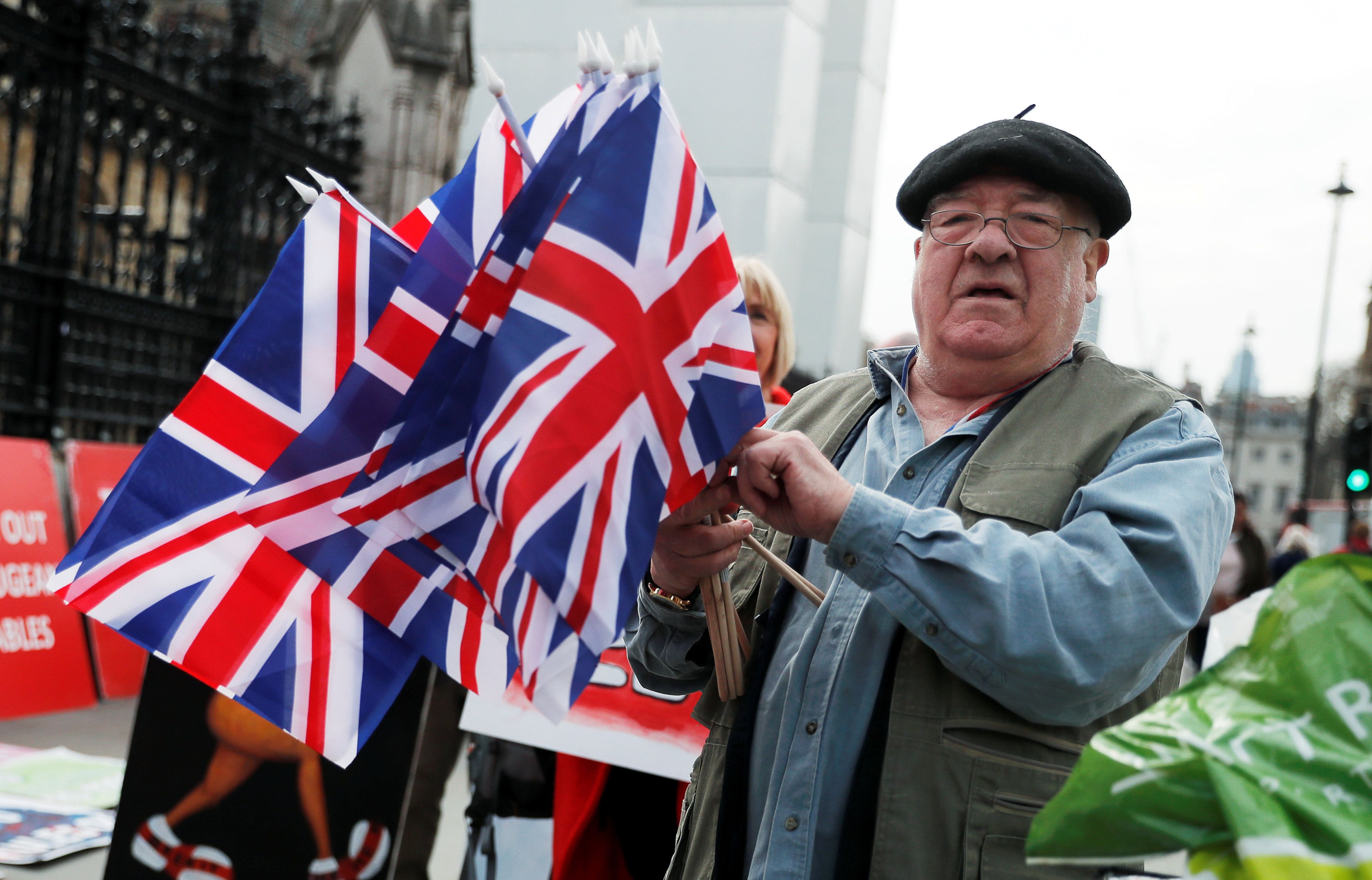Later today, the House of Commons is expected to hold yet another Brexit vote, this time on all or part of Prime Minister Theresa May's Brexit plan. We'll spare you the details for now, because today we're looking at a more basic question: what do the British people actually want?
In the coming weeks and months, politicians on all sides of this political dilemma will continue to invoke public opinion in support of their positions. But what do the people of the UK really think?
Not surprisingly, they're unhappy with their elected leaders. A new YouGov poll finds that only 26 percent of the British public has a positive view of Prime Minister Theresa May, and just 18 percent have a favorable opinion of Labour Party leader Jeremy Corbyn. These are the lowest scores either party leader has ever registered.
What about Brexit itself? A moving average of the six most recent polls to gauge public attitudes toward Brexit finds that, once people with "no opinion" are excluded, 54 percent would rather see the UK remain in the European Union, while 46 percent prefer leaving..
In part, that's because 86 percent of those who voted "remain" in the 2016 referendum would still vote the same way, while just 82 percent of those who voted for Brexit say they'd do so again.
More importantly, among those who did not vote in 2016, more than twice as many say they would vote to keep the UK in the EU if another vote were held today.
Will that matter in what happens next? Not unless there's a second referendum, which still seems unlikely. And even if there is a second referendum, a second campaign might change minds yet again.
But amid another wave of speeches about the will of the people, this is yet another reminder that what politicians say the people want and what those people actually want are often two different things.
